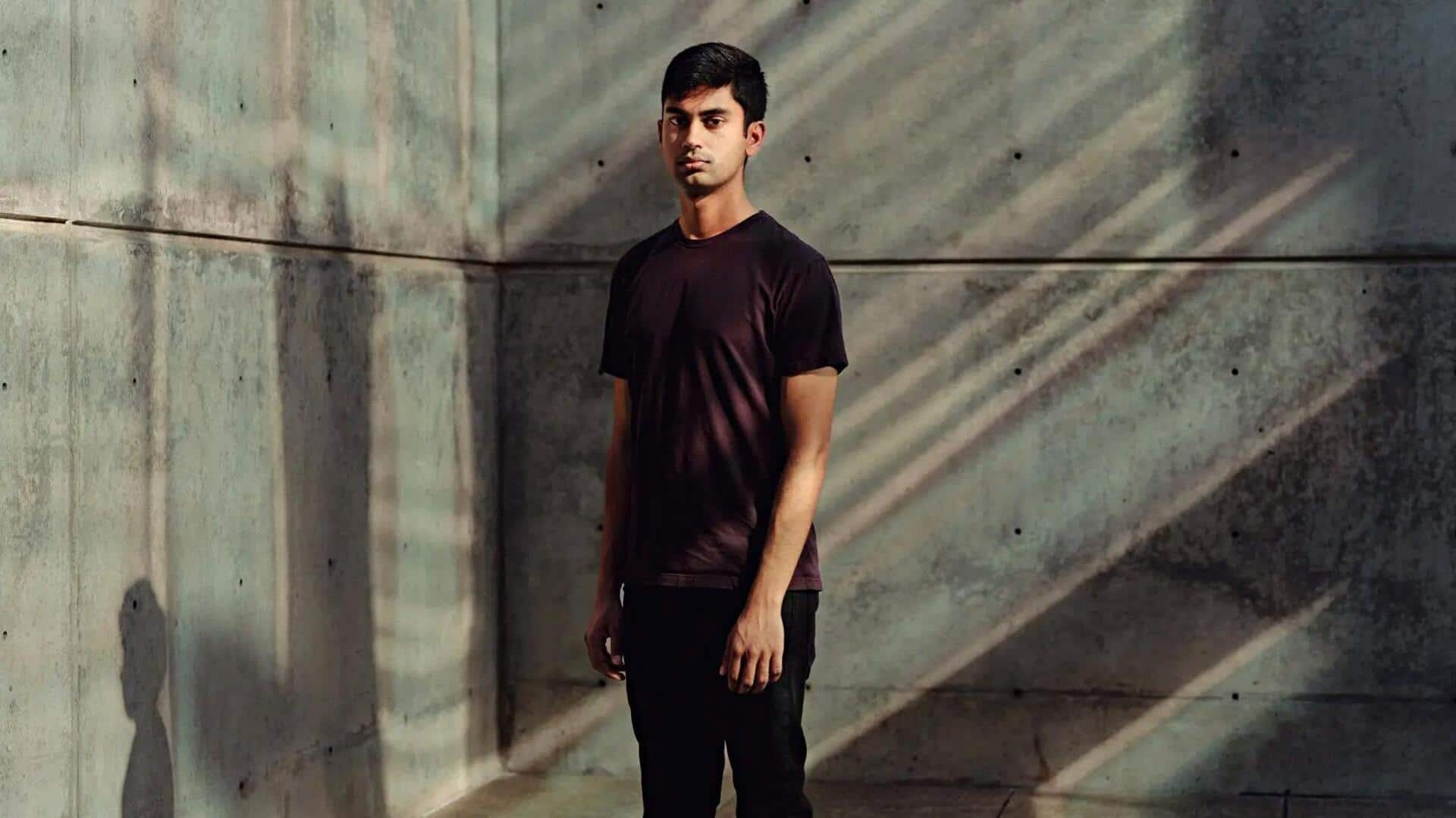
OpenAI whistleblower—who raised concerns about company's AI training practices—found dead
What's the story
Suchir Balaji, an ex-OpenAI researcher and whistleblower, was discovered dead in his San Francisco apartment on November 26. The San Francisco Police and Medical Examiner's Office have deemed the 26-year-old's death a suicide, finding no signs of foul play. Balaji had been a staunch critic of OpenAI's alleged copyright violations in training its AI model, ChatGPT. His concerns have become pivotal to ongoing lawsuits against the company.
Allegations
Criticism of OpenAI's practices
Balaji spent more than four years at OpenAI and was instrumental in building ChatGPT. Although he was initially in favor of using data from the internet, including copyrighted content, he later became worried about the ethical and legal ramifications. In August 2023, he quit OpenAI and started publicly criticizing the company's practices. He accused the company of illegally using copyrighted material to train its AI models.
Doubts
Skepticism about 'fair use' defense
In an October interview with The New York Times, Balaji had expressed frustration with OpenAI's practices, saying, "If you believe what I believe, you have to just leave the company." His whistleblowing came just as writers and journalists sued OpenAI for allegedly using copyrighted content unlawfully. Balaji had expressed his skepticism about the "fair use" defense for generative AI products in a post on X. He claimed generative AI could produce substitutes competing with the data they're trained on.
Twitter Post
Take a look at Balaji's post
I recently participated in a NYT story about fair use and generative AI, and why I'm skeptical "fair use" would be a plausible defense for a lot of generative AI products. I also wrote a blog post (https://t.co/xhiVyCk2Vk)
— Suchir Balaji (@suchirbalaji) October 23, 2024about the nitty-gritty details of fair use and why I…
Industry impact
Balaji's concerns about generative AI industry
Balaji had also voiced concerns over the wider generative AI industry harming the internet ecosystem by replacing original content. He urged machine learning (ML) researchers to learn copyright laws better and asked if generative AI companies could lean on precedents like the Google Books case. His death has reignited conversations around AI ethics and accountability. Balaji's resignation and public remarks were among the earliest instances of a prominent employee criticizing OpenAI's practices.